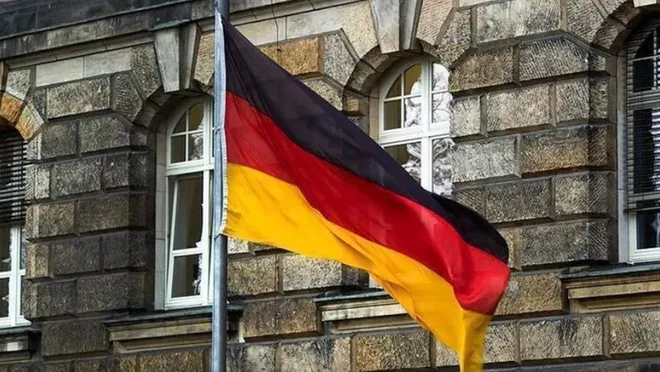Consisting of economics professors, SVR updated its growth forecasts for the German economy covering 2023-2024, which it shared in November last year.
Pointing out that inflation will continue to put pressure on Europe’s largest economy, the Board stated that the economic outlook has improved a bit, especially due to the more stable energy supply, but it continues to be tense.
While the Board increased its Gross Domestic Product (GDP) growth forecast for 2023 from minus 0.2 percent to 0.2 percent, it set its 2024 growth expectation as 1.3 percent.
As energy costs and supply chain disruptions continue to drive prices around the world, SVR forecasts average inflation in the country this year to be 6.6 percent.
The Board also predicted that inflation will fall to 3 percent in 2024.
The board, consisting of Monika Schnitzer, Veronika Grimm, Ulrike Malmendier, Achim Truger and Martin Werding, stated that the bankruptcy of Sillicon Valley Bank and the troubles of Credit Suisse increased the uncertainty in the financial markets.
The board in question stated that the current turmoil in the financial markets is very different from the 2008 financial crisis, emphasizing that the uncertainty was not triggered by “worthless financial products” as in the 2008 financial crisis.
Head of Economics Expertise Board, Monika Schnitzer, in her assessment on the subject at the press conference, said, “The loss of purchasing power due to inflation, weaker financing conditions and the slow recovery in foreign demand prevent a stronger rise in the economy this year and next year.” used the phrase.
“Significant risks” in energy supply
Considering the coming winter, the experts of the Economic Experts Board also warned that there are “significant risks” in the energy supply.
SVR member Veronika Grimm stated that even if the natural gas tanks are full, intensive energy conservation should be continued in order to avoid gas shortages next winter.
Meanwhile, the German economy shrank by 0.2 percent in the last quarter of 2022, compared to the previous quarter, due to the energy crisis and record inflation.
Economists expect GDP to continue its decline in the first quarter of this year, as Europe’s largest economy is technically in recession.
A technical recession is defined as “two quarters of contraction in GDP”.
Germany experienced its first recession since 2009 in 2020, the first year of the Kovid-19 outbreak after 10 years of good economic growth.
On the other hand, the German government expects 0.2 percent growth in the economy this year.














